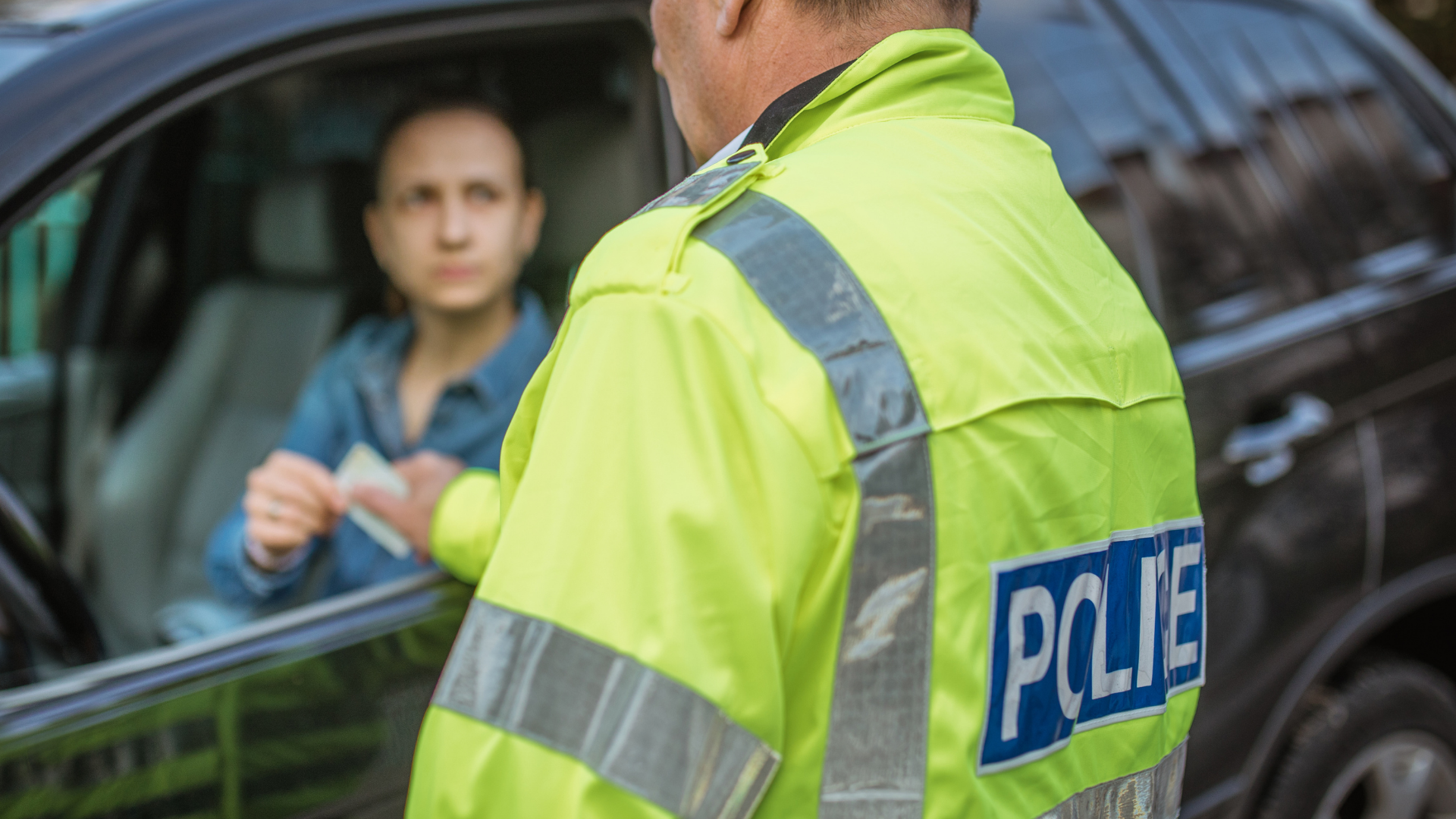There was a time, at the height of COVID-19, where the roads were quietened by travel restrictions. Cycling and walking became popular national pastimes in Britain, traffic volumes nearly halved, and reductions in air pollution meant that the environment could rebound.
And yet, despite an unsurprising decrease in the average annual mileage for a UK car owner in 2020, the effects of the global pandemic on our driving habits and behaviours have remained somewhat contested.
For a while now, predictions about driving behaviours in the UK during COVID-19 seemed unfavourable, as if the pandemic was the perfect distraction that would enable an increase in driving offences.
Instead, as recent data from convicted car insurance specialists, Keith Michaels, reveals that COVID-19 mainly encouraged bad driving habits, and spurred drivers who were uninsured, unlicensed, or disqualified to take to the road. Optimistically, there were reportedly fewer deaths due to careless or inconsiderate driving during the same time.
Reported deaths resulting from inebriated or careless driving are far lower than predicted
Between 2020 and 2021, forecasted deaths as a result from reckless driving, whether that’s from drink or drug use or general carelessness, was less common than initially predicted.
In 2020, there were 212 forecasted deaths, where 160 actual deaths resulted from reckless driving (that’s down -24.5% from what was predicted using data from 2010-2019). Comparatively, 2021 saw a similar lag of actual vs predicted deaths from cases of reckless driving. There were 220 forecasted deaths during this time, where 145 actual deaths occurred (-34%).
The impact of COVID-19 on drink and drug driving offences
According to the data, the number of deaths caused by careless driving when under the influence of drink or drugs was fewer than predicted.
In 2020, 14 actual deaths were reported against a prediction of 27 cases. In 2021, similar numbers were reported: actual compared to forecasted deaths came down to a difference of 15 to 27.

What happened with inconsiderate driving offences?
Overall, the number of deaths caused by careless or inconsiderate driving was 65 less than forecasted.
Travel restrictions partly explain why there were fewer cases of inconsiderate driving. During this time, UK roads were more tightly regulated, and driving became less essential or regular in everyday life. In fact, it’s widely accepted that national transportation patterns had top evolve to cope with changing demands and Government restrictions – driving was one area that felt that impact.
Unlicensed, uninsured, or disqualified drivers committed the most offences during COVID-19
Evaluating figures of driving offences during the height of the pandemic in the UK reveals increases in the number of drivers fouled for being unlicensed, uninsured, or disqualified.
While in 2020, deaths from this type of crime were higher than predicted (a total of 7 deaths); in 2021, drivers without a licence, insurance or who were disqualified were responsible for 8 deaths above the predicted number.
Predicted deaths from driving offences seemed, in many cases, to be higher than actual cases, while certain types of crime encouraged bad behaviour. Unlicenced, uninsured, or disqualified drivers, likely braving the empty roads and using COVID-19 as a distraction, were caught most often on the wrong side of the law.
So the predictors failed to understand that halving the number of vehicles on the road would impact the death rate ?! Not fit for purpose
As I work in the justice system, but only across one county, and don’t have easy access to national statistics,I found this article a fascinating read and it supports what I have seen locally.
Driving standards have fallen since Covid. Initially when there were less vehicles on the road drivers en masse ignored the need to indicate, with lane changing, turns and other manouvers made without consideration or checking for other cars. This practice is still rife now that ‘normality’ is returning, yet when challenged the offenders do not consider themselves ‘in the wrong’.
And as for motorway driving….80% have forgotten that when one had overtaken they should move back to the nearside lane as soon as possible as all the other lanes are overtaking lanes, not slow lane, faster lane, and fastest lane. Conjestion and road rage is caused by the attitude of “l’m staying in this lane”, basically with no consideration for other road users.
Like GMann I have noticed the indicating issue. I would go so far as to say more drivers don’t indicate than do. It can only be a matter of time until pedestrian injuries start rising due to the sloppy approach considered normal theses days…..but then slapdash and sloppy are the new normal in so many aspects of living today it can come as little surprise. As for the challenging those who are so obviously poor drivers, with the new way of over developed sense of self righteousness and entitlement one just knows they will show their indignation at being (1) challenged and (2) having a minor criticism laid before them.